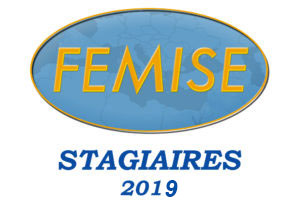 As part of its activities, the FEMISE Network is launching a Call for Applications for two internship positions.
As part of its activities, the FEMISE Network is launching a Call for Applications for two internship positions.
Deadline for submission: 24/02/2019
Position 1. Policy / Sustainable Development Analyst
We are looking for an intern whose mission will be mainly to perform the following tasks:
- Preparing summary notes on topics related to the EU-MED region and contributing to EU-MED reports and Sector / National Policy Briefs, notably on issues related to Sustainable Development, Inclusiveness and Women and Youth integration in the Mediterranean countries (Maghreb and Mashreq),
- Data collection (national and regional), synthesis and creation of indicators.
- Communication activities and animating the FEMISE social networking platforms, contribution to FEMISE branding strategy.
For more information, please consult the internship sheet available here (FR)
Position 2. Trade / Innovation Analyst
We are looking for an intern whose mission will be mainly to perform the following tasks:
- Preparing summary notes and contributing to EU-MED reports and Sector / National Policy Briefs, particularly on issues related to Trade Integration and Innovation,
- Analysis of the economic, social and environmental impact of the Association Agreements signed between the Mediterranean countries and the European Union, in the framework of a work in collaboration with the EU (DG Trade),
- Collection of data (national and regional), synthesis and creation of indicators on Trade and Innovation.
For more information, please consult the internship sheet available here (FR)







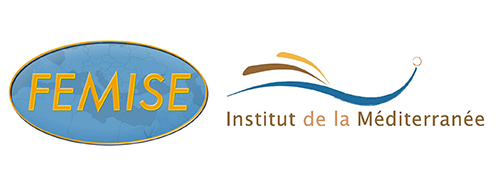 Official
Official 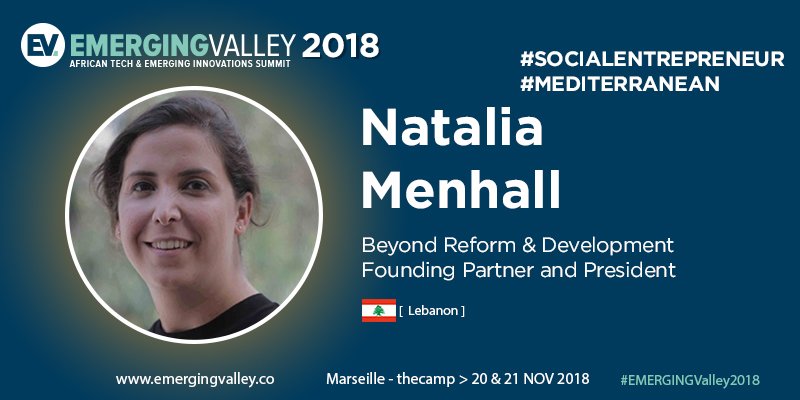
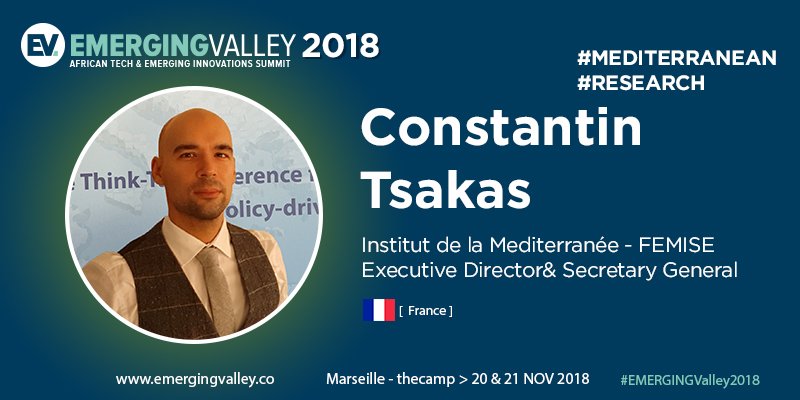
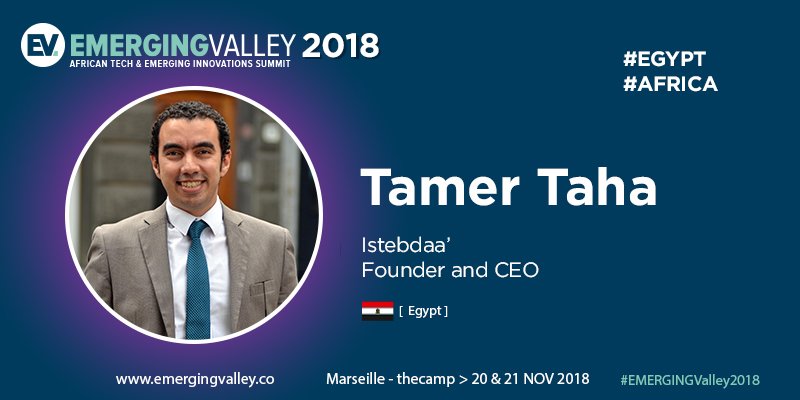
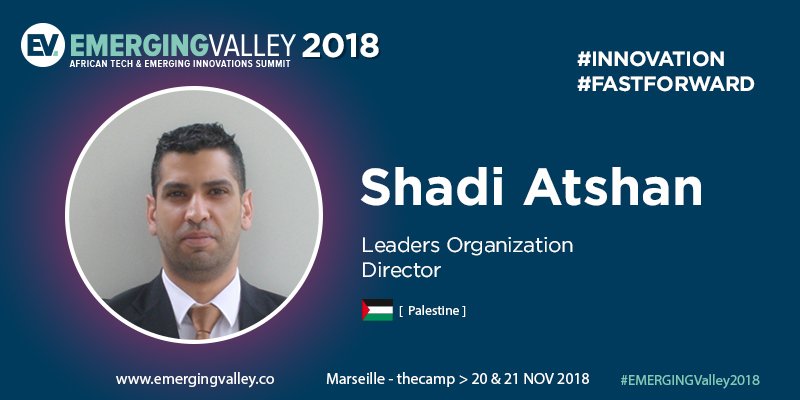

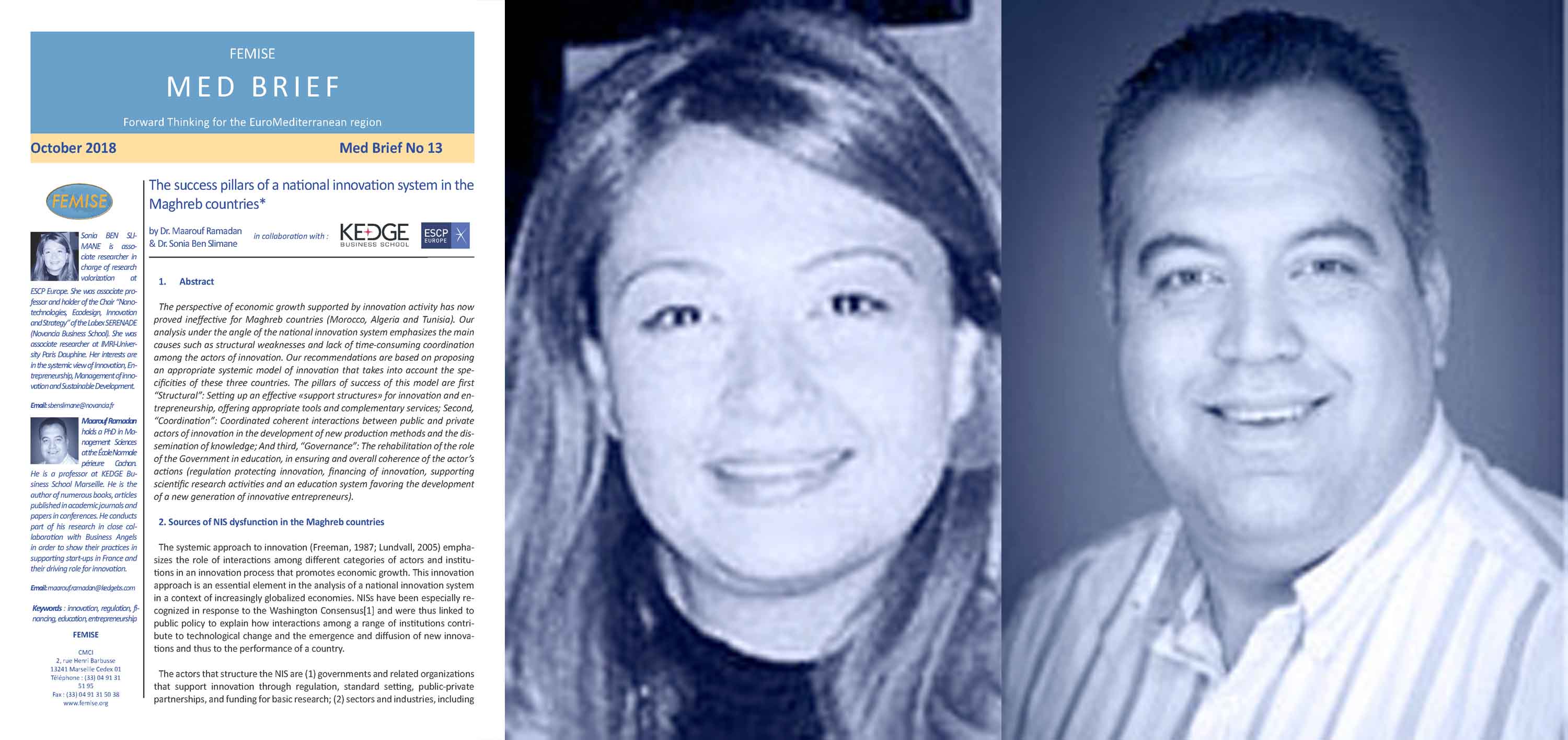
 The policy brief has been produced with the financial assistance of the European Union within the context of the FEMISE program. The contents of this document are the sole responsibility of the authors and can under no circumstances be regarded as reflecting the position of the European Union.
The policy brief has been produced with the financial assistance of the European Union within the context of the FEMISE program. The contents of this document are the sole responsibility of the authors and can under no circumstances be regarded as reflecting the position of the European Union.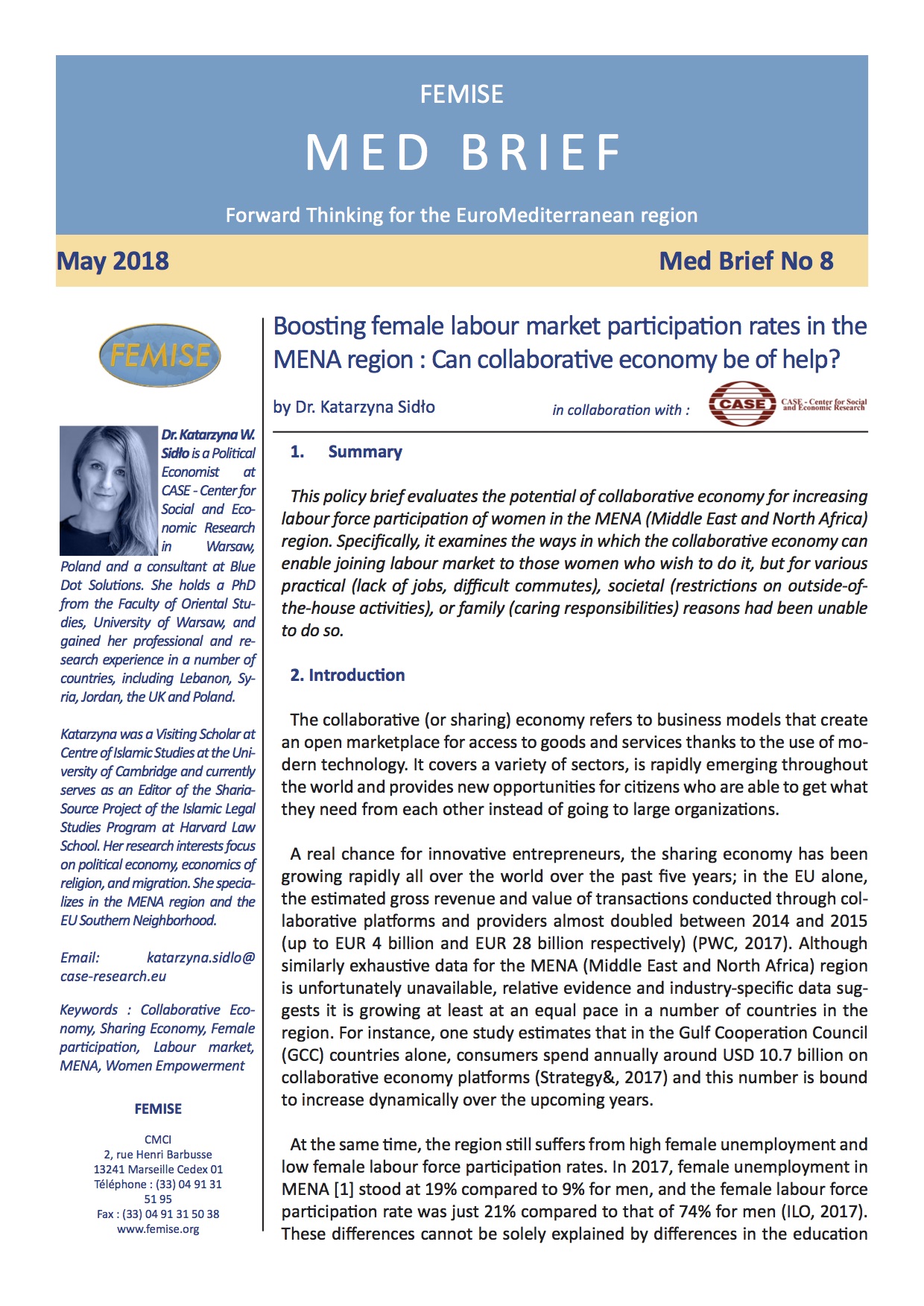 The FEMISE Policy Brief series MED BRIEF aspires to provide Forward Thinking for the EuroMediterranean region. The briefs contain succinct, policy-oriented analysis of relevant EuroMed issues, presenting the views of FEMISE researchers and collaborators to policy-makers.
The FEMISE Policy Brief series MED BRIEF aspires to provide Forward Thinking for the EuroMediterranean region. The briefs contain succinct, policy-oriented analysis of relevant EuroMed issues, presenting the views of FEMISE researchers and collaborators to policy-makers.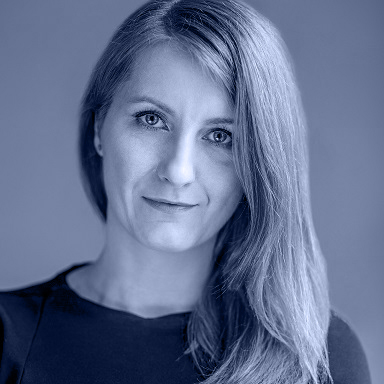



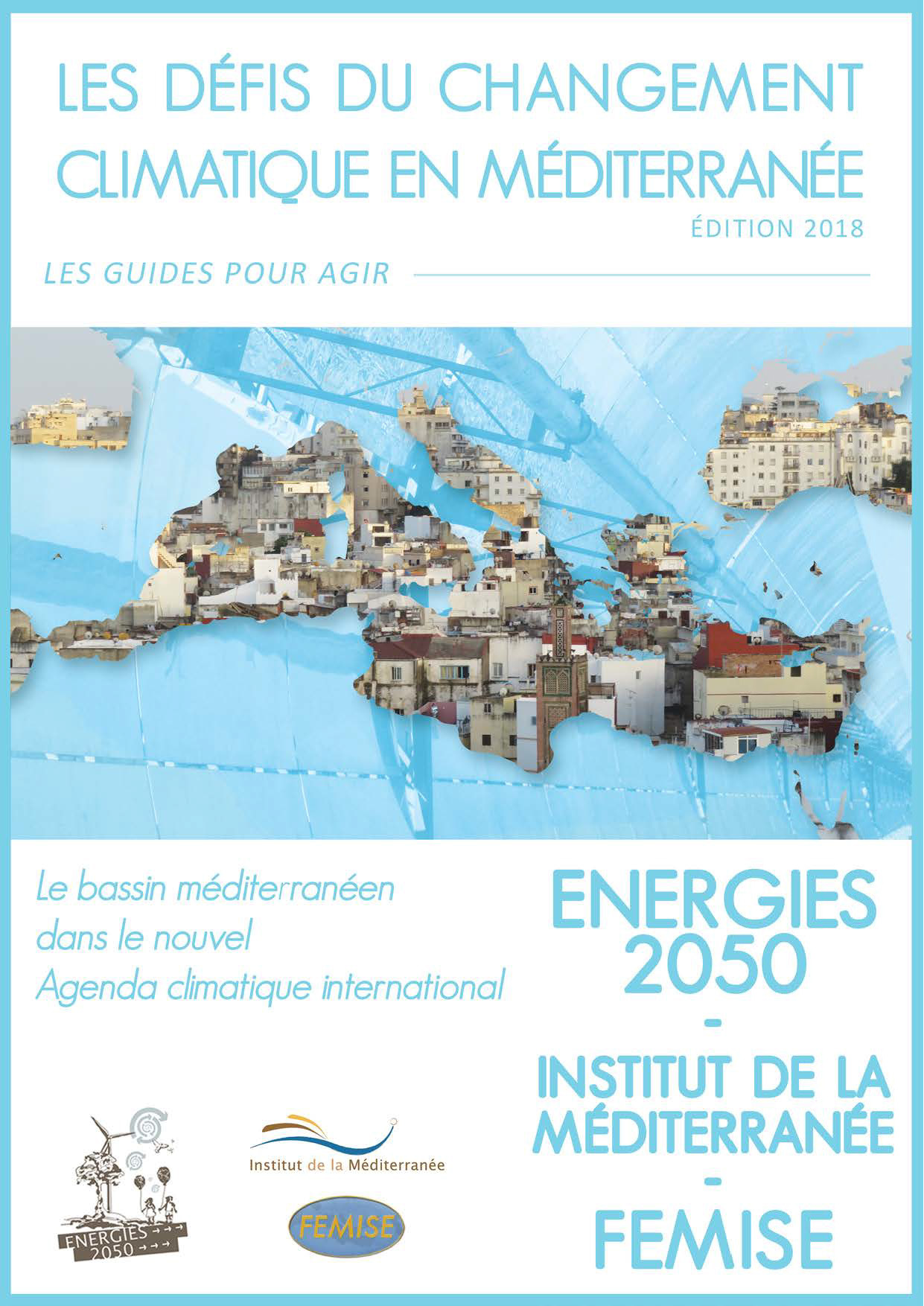


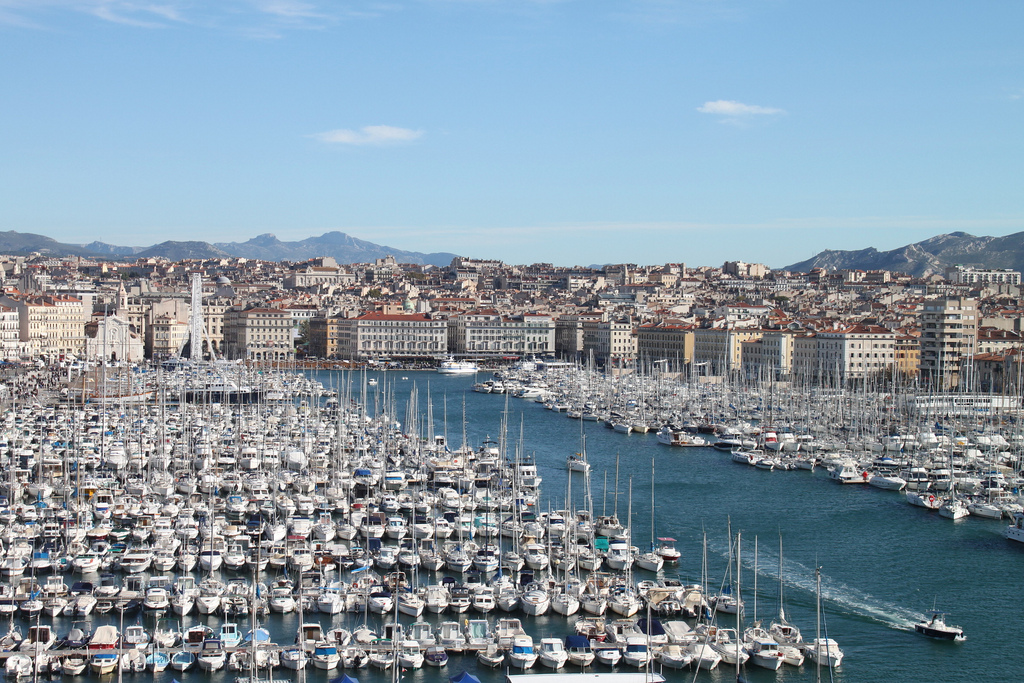 The workshop, organized by Institut de la Méditerranée and the Departmental Council of the Bouches du Rhône, in partnership with FEMISE and ENERGIES2050, addresses the actors for whom these issues have a resonance, the political actors of the territory as well as non-state actors (private operators, civil society organizations, universities …). While considering the recent and current economic situation, this workshop highlights the development opportunities to be seized. It illustrates the momentum created by local actors and makes a positive contribution to debates on climate issues in the Mediterranean in the light of current realities and challenges.
The workshop, organized by Institut de la Méditerranée and the Departmental Council of the Bouches du Rhône, in partnership with FEMISE and ENERGIES2050, addresses the actors for whom these issues have a resonance, the political actors of the territory as well as non-state actors (private operators, civil society organizations, universities …). While considering the recent and current economic situation, this workshop highlights the development opportunities to be seized. It illustrates the momentum created by local actors and makes a positive contribution to debates on climate issues in the Mediterranean in the light of current realities and challenges.
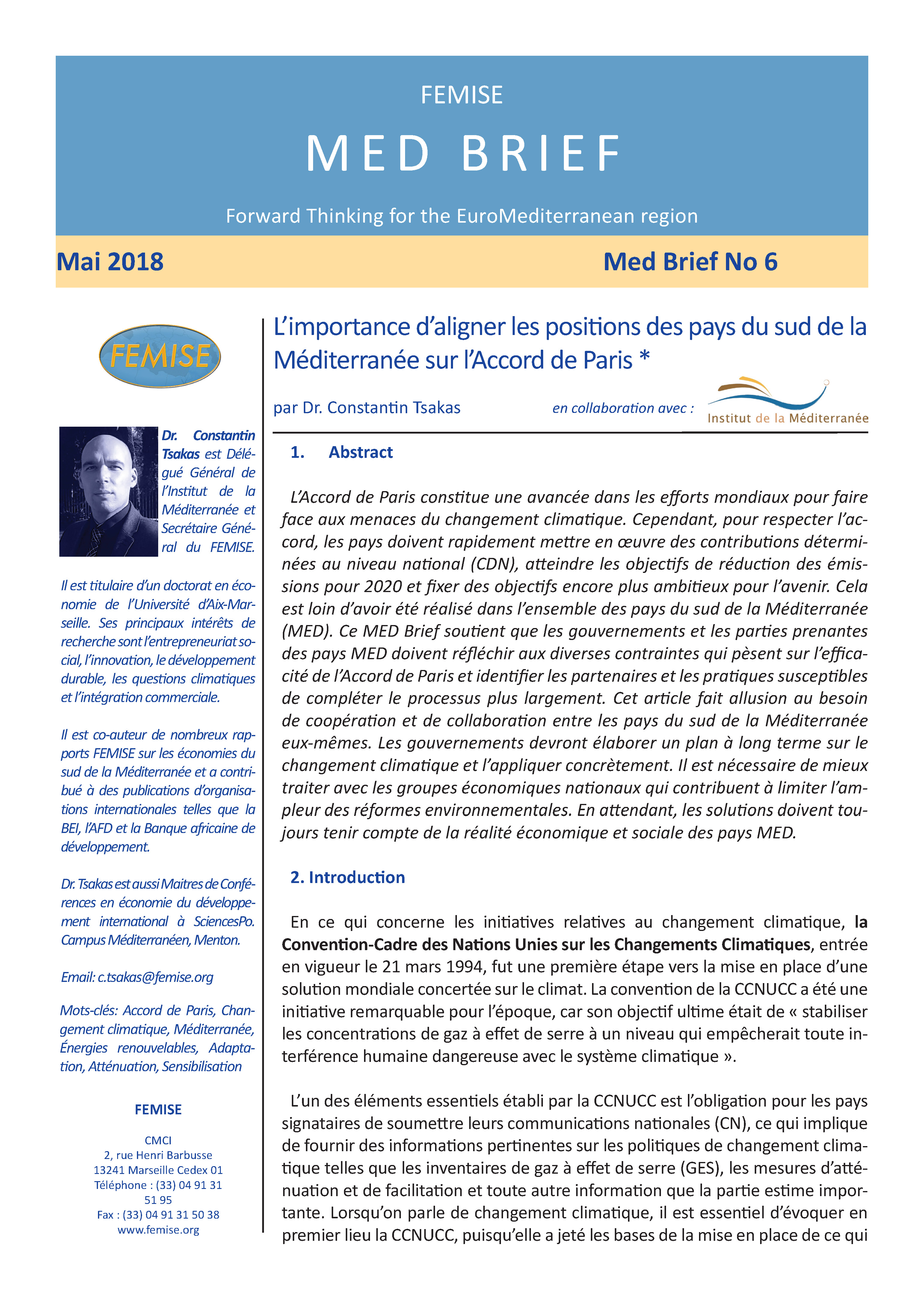 The FEMISE Policy Brief series MED BRIEF aspires to provide Forward Thinking for the EuroMediterranean region. The briefs contain succinct, policy-oriented analysis of relevant EuroMed issues, presenting the views of FEMISE researchers and collaborators to policy-makers.
The FEMISE Policy Brief series MED BRIEF aspires to provide Forward Thinking for the EuroMediterranean region. The briefs contain succinct, policy-oriented analysis of relevant EuroMed issues, presenting the views of FEMISE researchers and collaborators to policy-makers. 